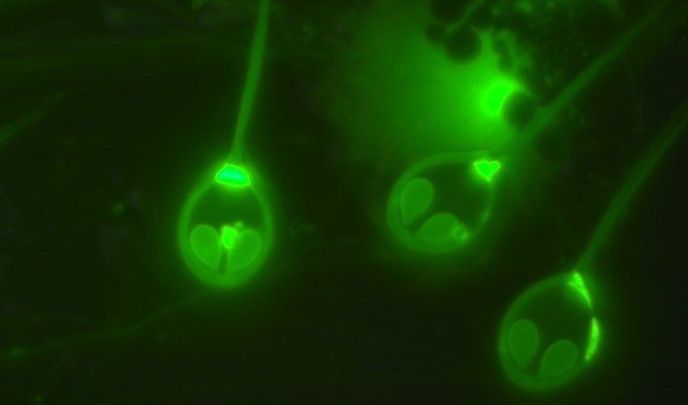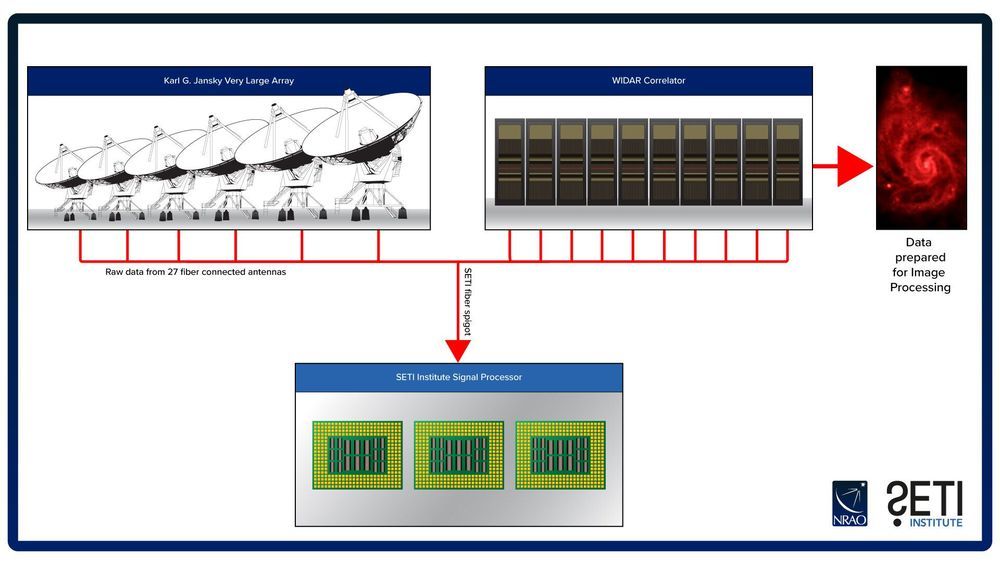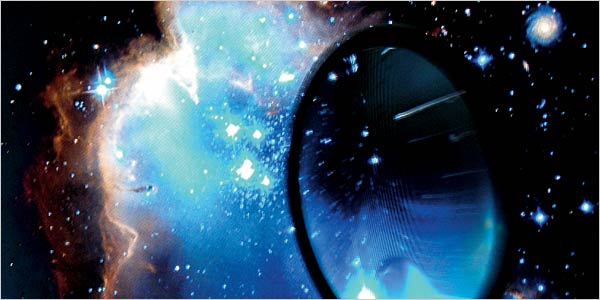If you ask astronomers how many planets in the universe harbor life, they will likely say there are only two possible answers: one or infinity. We can rule out zero, thanks to the decidedly alive Earth, which means that so far one is the answer. But if we discover another, the answer jumps straight past two to infinity. The reason: You can posit a universe in which the confluence of factors that made life possible here are so complex that the right roll of the dice could statistically happen only once. But if it can happen more than once, why should there be any limit? (Actually, something could be so rare in nature that it happens only two or three times, but the overall zero-one-infinity idea originated with theologians debating atheism, monotheism and infinite polytheism, and planetary scientists just kind of liked it and claimed it as their own.)
Humans have always hoped for infinity, since it would be an awfully lonely universe if we’re the only planet with its porch light on. And with the recent explosion in the discovery of exoplanets (planets orbiting other stars), astronomers now believe that virtually every star in the Milky Way is circled by at least one planet. There are up to 250 billion stars in our galaxy and about 100 billion other galaxies out there—trillions upon trillions of places life could be thriving.
In their search for such worlds, astronomers focus their energy on Earth-like, rocky planets, with atmosphere, water and an orbit that places them in the so-called habitable zone, where temperatures are just right for the water to exist in liquid form. Last week, NASA announced a jackpot: an Earth-sized world in the habitable zone of a hospitable star, just 100 light years from here. The star is known as TOI 700 and the planet is TOI 700 d, the outermost of a litter of three planets. TOI 700 is a red dwarf, a class of stars smaller and cooler than our sun, which were at first thought of as poor candidates for nurturing life, due to their relatively low temperature. But the fact is, as long as the planets orbit close enough to the hearth of the star, they get plenty of light and warmth—and TOI 700 d does.







